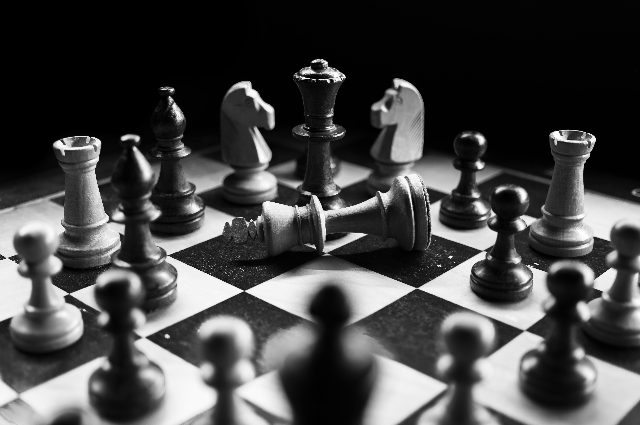
Introduction:
“A healthy mind resides in a healthy body.”
The common expression hinting at the significance of a healthy mind along with a healthy body has been believed in for ages now, it not only hints at physical engagements, but also mental ones. Alongside hunting and shooting arrows, chess is one such recreational activity that was gifted by India to the world which became an important mental practice for people across world societies. Although the game of chess evolved globally, the contribution of the Indians in introducing it can not be denied or ignored. As the awareness of the brain-strengthening ancient Indian game grew, so did its significance worldwide. The seemingly domestic recreational Indian game soon was evolved into a sport on the global level.
Historical Indian Origin of Chess:
Indian history has always seen to be rich in varying aspects, and especially in culture and sports. Chess was one of the most significant sports that the Indians gave to the world. One historically important example is Swami Vivekananda, a globally recognised Indian personality who developed his highly influential intellect by indulging in chess from a very young age. In India, chess was called ‘Chaturanga’, symbolising the four limbs of the ancient army, i.e. infantry, cavalry, elephantry, and chariotry. Apart from the aforementioned roots of chess, the Indian history pertaining to the two great epics, Mahabharata and Ramayana also depicted chess for the very first time, a sport not only for recreational purposes but also for showcasing excellent mental abilities.
The historical significance of chess in India spins around the tale of Ravana. It is believed that chess was developed by Ravana’s wife so as to stop Ravana from indulging in physical battles by giving him a way to win them against his own mind, and without causing any bloodshed. Similarly, Mahabharata also made a visual of the sport wherein Shakyni and Lord Krishna are shown playing chess for a battle of minds. The highly significant depictions of chess not only encouraged its widespread popularity among the Indians, but also the people belonging to the foreign societies.
Modern Day Significance of the Ancient Indian Chess:
In the modernistic era, the highly digitalised world is looking at things which could ensure the mental stability of the people for increased potential, and chess being a game that promises not only entertainment but also an active mind, it’s importance in the present scenario is hard to ignore.
Today, to not lose sight of such a potent sport, the technologies among the country’s have done their best to give a digital platform to chess, understanding the need for its boost across societies. However, for anything to acquire such extreme significance, it needed to have had idles to lure the human minds, which was something that did not lack in the Indian sport of chess. Manuel Aaron, a 26-years-old Indian was the very first international Master. Viswanathan Anand was another glory of Indian chess, especially when he acquired the title of Grand Master at the age of 19. Apart from the praises of the aforementioned, Sultan Khan is another highlight of the Indian sport. Equality among different genders has always been believed in, and such beliefs till now have brought on reformations to the societal and legal circumstances in India. In the same context, India was not only the first one to introduce Chess, but also to ensure women’s participation in it.
Fatima Ghulam in 1933 was an Indian woman who won the British Championship. India worked well to establish the Women Federation for Chess in 1974 and has been making consistent efforts to pull women into their potential to date. The persistent efforts by the Indians to boost the importance of chess in its territorial bounds did certainly make the other countries curious about the sport that ensures a healthy mind for its players. The gentle curiosity of the nations around the world became a reason for the people to explore the limits of their minds, therefore elevating the status of chess from domestic to international.
Concluding Analysis:
The detailed discussion on chess and its significance as an Ancient Indian sport above certainly fold to a close with an overview of what lies ahead. The glorious history of anything does not hold its place in the minds of the people if it does not portray a future. The reverence of the world for chess undoubtedly has an association with India, but for it to maintain its position as such, the young generation of the country needs to be reminded of the pride that their motherland holds for harbouring exceptional minds like Veswanathan Anand and Manuel Aaron. The Indians need to be educated on their roots so that their footprints are looked for beyond the domestic territorial bounds. Chess needs to be prioritised along with other Indian-origin sports in educational institutions, so as to keep the flame of Indian historical glory burning. Once the government does its part to encourage the young minds, maintaining the intellectualism of the Indians on the global level will be the part that the young generations will gladly do.
